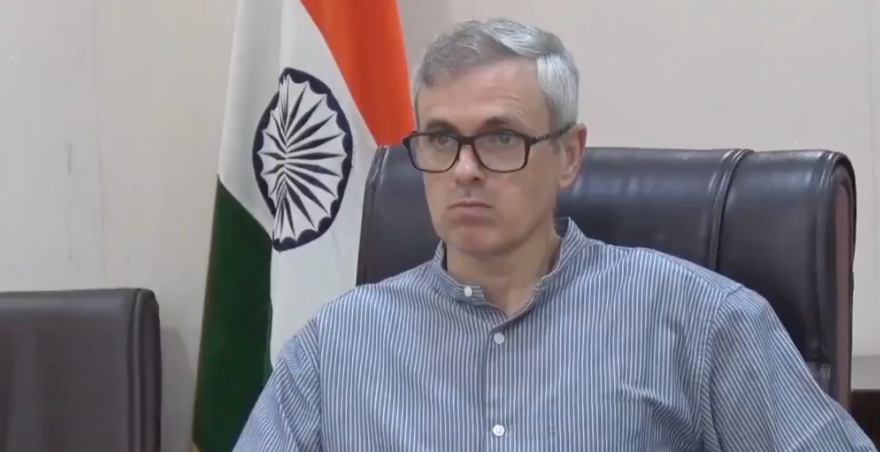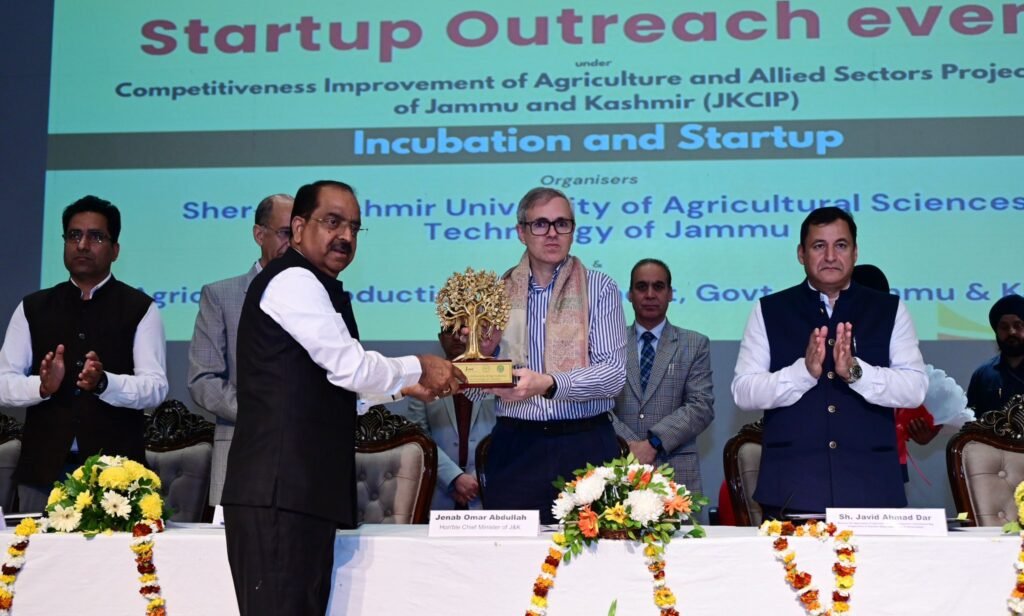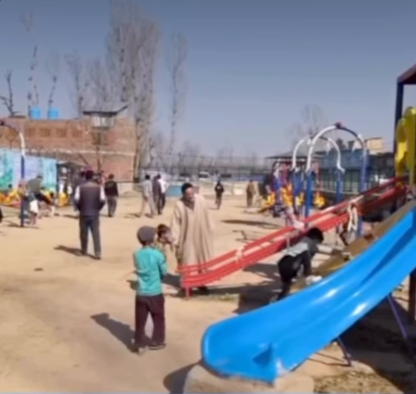Srinagar, September 16, 2025 – In a significant move to address the ongoing challenges plaguing the vital Jammu-Srinagar National Highway (NH-44), Chief Minister Omar Abdullah joined a high-level virtual meeting chaired by Union Minister for Road Transport and Highways, Nitin Gadkari. The session, held today, focused on expediting the restoration of the critically damaged highway, which has been severely impacted by recent heavy rains and landslides, leading to prolonged disruptions in traffic movement and essential supplies.
The meeting, attended via videoconference by senior officials from the Ministry of Road Transport & Highways, the National Highways Authority of India (NHAI), and key stakeholders from Jammu and Kashmir—including CM Omar Abdullah, his cabinet colleagues, and divisional commissioners—aimed to tackle persistent bottlenecks, maintenance issues, and long-term solutions for the 270-km stretch connecting Jammu and Srinagar. Sources indicate that discussions centered on immediate repair works, enhanced traffic management, and the timely widening of vulnerable sections to prevent future closures.Omar Abdullah, emphasizing the highway’s role as the lifeline for the Kashmir Valley’s economy—particularly for perishable goods like fruits—urged for swift action to allow unrestricted vehicular traffic, including heavy motor vehicles.
The NH-44 has remained partially closed for heavy vehicles since late August due to extensive damage from incessant rains, forcing reliance on alternate routes and causing significant losses to local traders. “The government is monitoring restoration on an hourly basis, but full connectivity is paramount for our remote areas,” a senior official quoted the Chief Minister as saying during the deliberations.Union Minister Gadkari, chairing the session from New Delhi, assured participants of central government’s full support, including allocation of additional resources from NHAI and the Border Roads Organisation (BRO). The meeting builds on earlier reviews led by CM Omar Abdullah in August, where directives were issued for replenishing supplies via alternate paths like Anantnag-Kishtwar and Bhaderwah-Bani, alongside special train services for passengers and cargo.
This development comes amid growing concerns over the highway’s deteriorating condition, which has disrupted daily commutes, tourism, and supply chains. Officials expect concrete timelines for full operationalization by early October, with enhanced monitoring mechanisms to ensure smooth traffic flow and uninterrupted essentials to the Valley.











